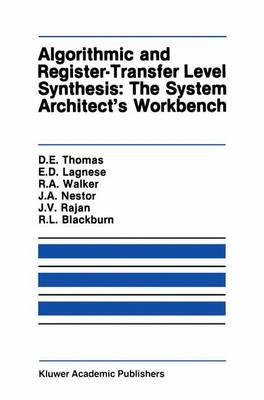The Springer International Series in Engineering and Computer Science
1 primary work
Book 85
Recently there has been increased interest in the development of computer-aided design programs to support the system level designer of integrated circuits more actively. Such design tools hold the promise of raising the level of abstraction at which an integrated circuit is designed, thus releasing the current designers from many of the details of logic and circuit level design. The promise further suggests that a whole new group of designers in neighboring engineering and science disciplines, with far less understanding of integrated circuit design, will also be able to increase their productivity and the functionality of the systems they design. This promise has been made repeatedly as each new higher level of computer-aided design tool is introduced and has repeatedly fallen short of fulfillment. This book presents the results of research aimed at introducing yet higher levels of design tools that will inch the integrated circuit design community closer to the fulfillment of that promise. 1. 1. SYNTHESIS OF INTEGRATED CmCUITS In the integrated circuit (Ie) design process, a behavior that meets certain specifications is conceived for a system, the behavior is used to produce a design in terms of a set of structural logic elements, and these logic elements are mapped onto physical units. The design process is impacted by a set of constraints as well as technological information (i. e. the logic elements and physical units used for the design).
